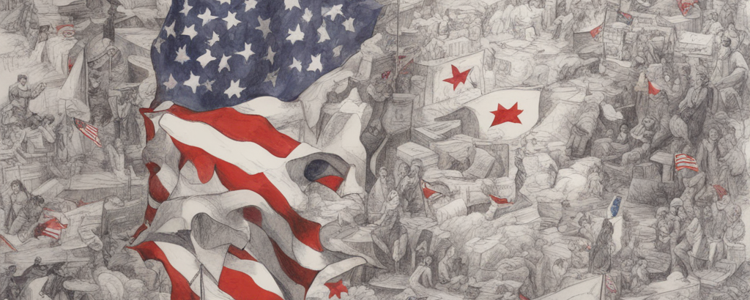A World in Flux: Political Standoffs, International Crises, and Domestic Concerns Dominate Headlines
Washington D.C. breathed a collective sigh of relief as the Senate passed a bipartisan stopgap funding bill, narrowly averting a government shutdown. The bill, previously approved by the House, ensures government operations will continue while lawmakers negotiate a longer-term spending plan. This temporary reprieve comes after weeks of partisan gridlock, highlighting the deep divisions within the US government.
Meanwhile, across the Atlantic, Canadian Prime Minister Justin Trudeau finds himself facing mounting pressure as turmoil engulfs his leadership. While he remains defiant, the growing calls for change within his own party and the dissatisfaction amongst voters signal a potential turning point in his political career. Only time will tell if Trudeau can weather this storm and solidify his position.
Shifting focus to a deeply concerning humanitarian crisis, calls to the UK's maritime emergency services have surged by over 80% due to relentless Houthi attacks in Yemen. This alarming trend underscores the dire situation in the war-torn nation, where civilians are caught in the crossfire of a brutal conflict. The international community faces increasing pressure to intervene and provide humanitarian aid while seeking a peaceful resolution to the conflict.
Adding to the global unrest, Pakistan is grappling with a resurgence of terrorism, posing a significant challenge to the nation's stability. This surge in violence has raised concerns about the effectiveness of counterterrorism measures and the potential for further instability in the region.
Adding another layer of complexity to the global landscape, Syria is pleading for sanctions relief, arguing that it is crucial for the country's economic recovery. The Syrian government claims that lifting sanctions is the only way to rebuild infrastructure, jumpstart the economy, and provide essential services to its citizens. However, critics argue that sanctions relief would only serve to embolden the Assad regime without guaranteeing any real progress on human rights or political reforms.
The fragility of peace in the Middle East was once again thrown into sharp relief as a Yemeni missile landed in Tel Aviv. This attack marks a significant escalation in the ongoing conflict and has sparked fears of further retaliation. The international community is urging all parties to exercise restraint and work towards de-escalation.
In news closer to home, Sydney commuters are bracing for chaos as more than 350 trains have been cancelled due to industrial action across the network. This mass cancellation is expected to cause significant disruption for commuters and highlights the ongoing tensions between transport workers and authorities.
Meanwhile, a different kind of alarm is sounding in Melbourne, where health officials are warning about the spread of Buruli ulcer, a flesh-eating bacteria, in a suburb of the city. The rise in cases has prompted calls for increased awareness and preventative measures to combat the disease.
Adding to the week's tragic news, the UK is reeling from the shocking death of eight-year-old Sara Sharif. In a chilling revelation, it has come to light that Sara had told a social worker "they don't hit me" four years before her murder. This heart-wrenching detail has sparked outrage and demands for answers about potential failings in the system meant to protect vulnerable children.
Finally, in a historical turn of events, Greece's former royal family is seeking to regain citizenship 50 years after the abolition of the monarchy. This unexpected move has reignited debate about the legacy of the monarchy and its place in modern Greek society.
From political standoffs and international crises to public health concerns and social injustices, this week's news cycle serves as a stark reminder of the interconnectedness of our world and the ever-present challenges we face.

